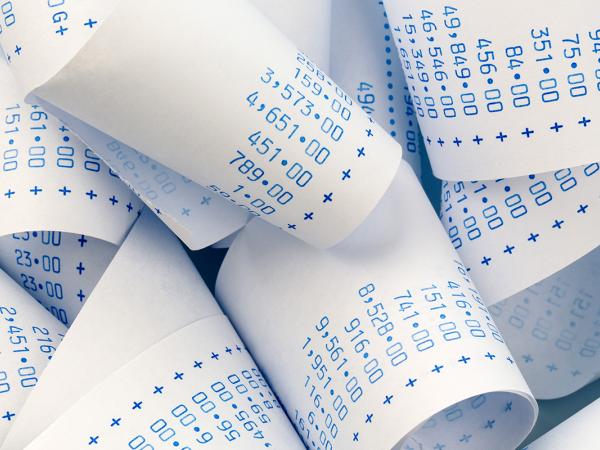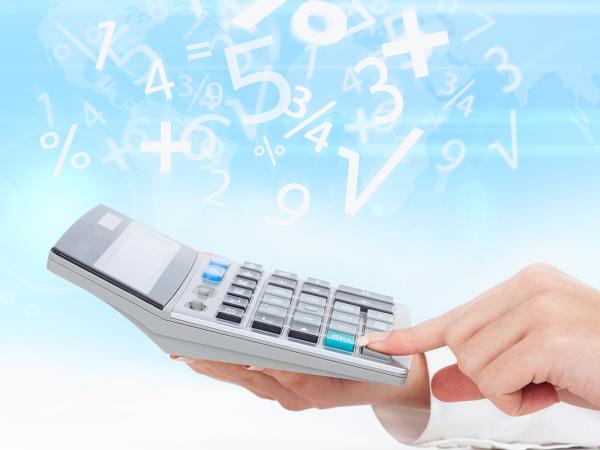Social media influencers
There are lots of ways to make money from your social media presence. You might become an online influencer by creating videos, uploading photos or starting a blog – usually through digital platforms such as Instagram, TikTok, Patreon or YouTube. This page discusses some of the tax issues you need to be aware of to make sure your tax position is correct.
Content on this page:
Trading or not trading
If you are using social media platforms to earn money or other things such as ‘free’ meals in a restaurant or ‘free’ products, then you need to consider if what you are doing is a hobby or you are actually running a business (and therefore you are trading).
The line between a hobby and a business is blurred. If what you do is not regular and organised and you don’t have a strategy to make money from your social media presence, then it is possibly more of a hobby. It is possible to start your social media influencing work as a hobby and then it grows into a trade, so you should regularly review how your social media influencing is going so that you have the correct tax position.
If you are trading
If what you are doing is like running a business (HMRC’s Business income manual explains the ‘badges of trade’ which can indicate trading), you should register for self assessment and complete a self assessment tax return to declare your income and expenses like any other self-employed individual. This is the case even if it doesn’t really feel like work and even if you only do it part time.
Depending on what you are earning both in money and payments in kind (as explained under the heading Payments in kind below), you may be able to use the trading allowance. There is detailed guidance on our Trading allowance page, but in summary if your income is £1,000 or less from all your self-employments and miscellaneous activities then you might not need to report it to HMRC or pay tax on it, depending on your other circumstances.
You will also need to pay any tax and National Insurance contributions (NIC) due and keep business records (see the heading Keeping records below).
If you are not trading
If your social media work is more of a hobby, then any profit you make will still be taxable income but is treated as miscellaneous income instead of self-employed income. In this case, you will still need to tell HMRC about the income if you are earning (through money and payments in kind, which are explained under the heading Payments in kind below) above the trading allowance threshold of £1,000. See our Trading allowance page for detailed guidance on how the trading allowance works, including when you do not need to report this income to HMRC and when you can use it against your miscellaneous income instead of deducting any relevant expenses.
If you do need to report your income to HMRC and there is tax owing, then if you have a job at the same time as doing your social media work, HMRC may be able to collect the tax owed by adjusting your PAYE tax code.
If HMRC can’t adjust your PAYE code, then you will usually need to register for self assessment and complete a tax return to declare your miscellaneous income and expenses.
Income
There are many different ways to generate income on social media. For example:
- You may get money from a digital platform based on the number of views your content gets, how many followers you have or from the adverts that your followers have viewed. Examples of this are the TikTok creator fund or money from the YouTube partner programme.
- You might get money from businesses by getting people to click on links to their products that you post on social media – these are often called affiliate links.
- You might be paid by businesses to create particular content on your social media.
- You might get money via digital platforms from people signing up for a subscription to view content that you make, for example by posting videos on Patreon or YouTube.
- Some businesses might give you free products in return for you promoting them (for more information see the heading Payments in kind below) on your social media.
You should include all the income you receive from different digital platforms when considering if you can use the trading allowance and/or completing your self assessment tax return.
Remember that if you receive income which has had expenses or fees taken from it (such as commissions or platform charges) before it is paid to you, it is the amount before deduction of the fees/expenses that is the total amount of income earned – which is often called the gross income – not the amount you actually receive. The example of Jayden on our gig economy page shows how important it is to make sure you are counting gross income, particularly when considering claiming the trading allowance.
Payments in kind
As explained above, social media influencers may be paid a donation, fee or sponsorship to endorse a product or service (sometimes called brand agreements). However, if you have a successful social media presence you might receive gifts or payments in kind for promotion, as well as or instead of cash. This can be anything – examples might include a new mobile phone to endorse, or a pair of shoes to review, or a meal at a restaurant to promote.
If it’s a payment in kind or gift in exchange for promotion (even if you receive it ‘out of the blue’), it’s probably considered a taxable amount and you should include the value in your figures when you are working out your income. This could be the case even if you are not trading and your influencer work is a hobby – especially if you requested the product or service rather than receiving it unexpectedly. The value will usually be the amount of money you could sell it for.
Expenses
You may incur expenses as part of your influencers work whether you are trading or doing it as a hobby.
We cover general business expenses for the self-employed in detail on our page: Business expenses: allowable for tax.
Some common expenses that social media influencers may have include IT equipment, internet and mobile phone bills, travel expenses and non-gifted products or services that are reviewed online.
If your expenses are not very great but your income is £1,000 or more, then you might use ‘partial relief’ trading allowance against your income instead of deducting your actual business expenses. Our trading allowance page explains how this works.
If your expenses are more than the income you earn from your influencers role then you will make a loss. If you are self-employed then you can use loss relief and this is explained in our Trading losses page. If you are earning miscellaneous income as explained under the heading Trading or not trading above, then there is not usually any tax relief for losses.
Keeping records
It is important to keep good records of what have you earned and how you have earned it (such as through Payments in kind as explained above). This may include any agreements on endorsements or brand collaboration.
You should also keep records of all the things you spend money on, in case you can offset the expense against your income and reduce the taxable amount. See the heading Expenses above.
There is more guidance on keeping records on our Business record keeping page.
HMRC letters
We are aware that HMRC have been sending letters to people who make money from their social media presence and who they think may not have told them about some or all of their income from digital platforms such as TikTok, Instagram and YouTube. If you receive a letter like this from HMRC, you may owe tax and National Insurance contributions. The aim of the letters is to encourage people who earn income by creating content on digital platforms to bring their tax position up to date.
There is detailed guidance on what to do if you receive a letter from HMRC on our page. Gig work- what to do if you are behind with your taxes. Although this page refers to HMRC compliance campaigns for people selling goods or services using digital platforms, the guidance is applicable to HMRC letters about social media influencers too.
More information
The Competition and Markets Authority has guidance on GOV.UK regarding endorsing products and services using social media.
Although there is no specific guidance for social media influencers in HMRC’s Business income manuals, there is guidance for actors and entertainers, and authors, which may be helpful.



